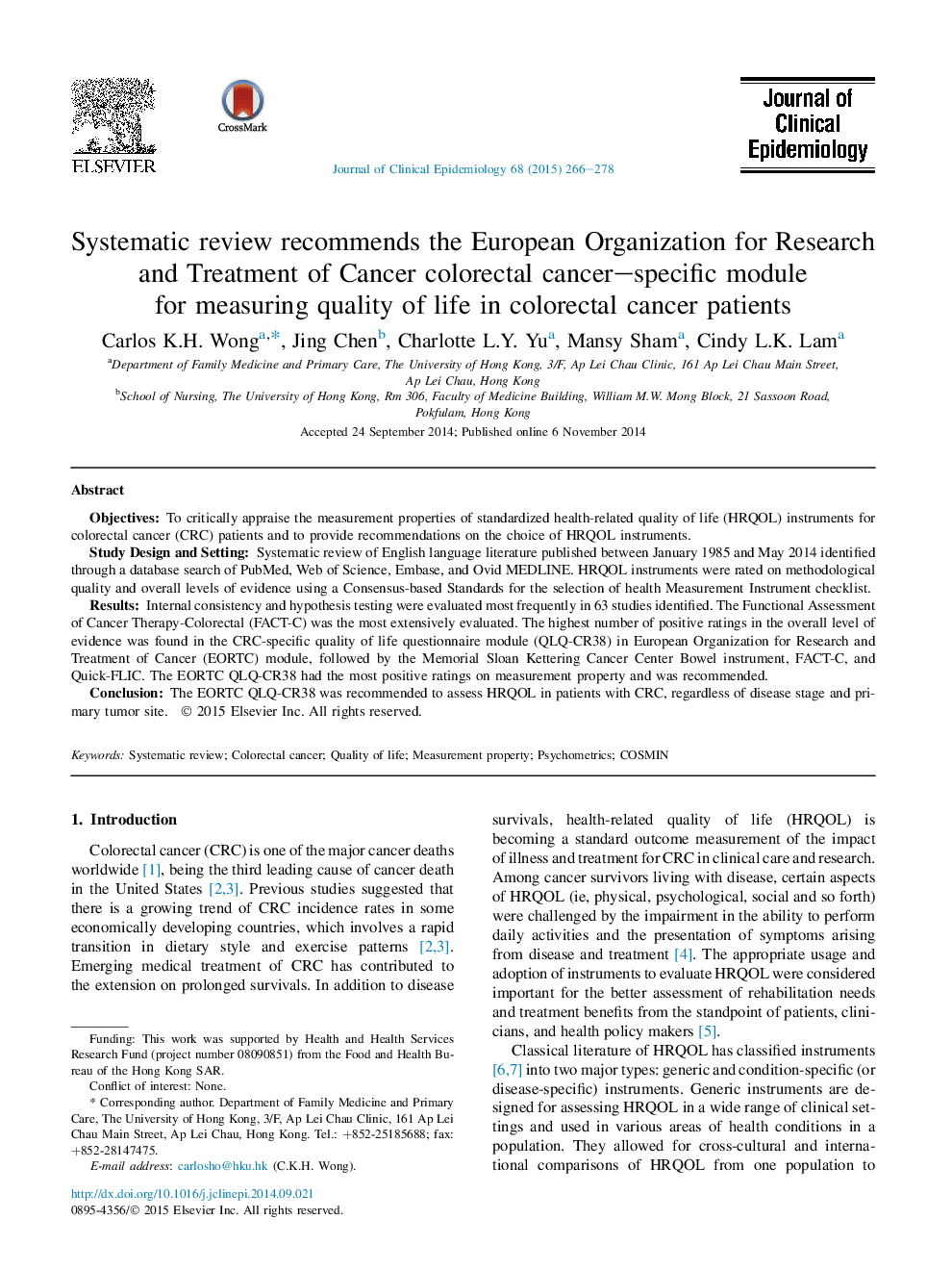| کد مقاله | کد نشریه | سال انتشار | مقاله انگلیسی | نسخه تمام متن |
|---|---|---|---|---|
| 7494044 | 1485657 | 2018 | 13 صفحه PDF | دانلود رایگان |
عنوان انگلیسی مقاله ISI
Experience of producing natural gas from corn straw in China
ترجمه فارسی عنوان
تجربه تولید گاز طبیعی از کاه ذرت در چین
دانلود مقاله + سفارش ترجمه
دانلود مقاله ISI انگلیسی
رایگان برای ایرانیان
کلمات کلیدی
موضوعات مرتبط
مهندسی و علوم پایه
مهندسی انرژی
انرژی های تجدید پذیر، توسعه پایدار و محیط زیست
چکیده انگلیسی
Globally, crop straw is a rich resource and further establishment of its use as an energy source is an important aspect in developing the circular economy. Projects in this vein can bring benefits such as improving energy access and living conditions as well as boosting the local economy and employment opportunities in rural communities. This paper presents a detailed case study on the production of bio-natural gas (BNG) from corn straw in China, using Life Cycle Analysis (LCA) to assess energy consumption and greenhouse gas (GHG) emissions, conducting economic analysis, and analyzing operation management models. The “Nongbaomu” business model (whereby professional personnel assist farmers in the management of straw collection, bundling, storage and transportation) and the “Mutual Offsetting in Kind” business model (whereby farmers can buy a quota of the project's BNG products at a lower price in return for selling straw to the project) can ensure the acquisition of straw by the BNG project at stable prices and high quality. Because the main product (BNG) replaces refined oil products used by automobiles and the byproduct (organic fertilizer) replaces traditional fertilizer (produced using coal), the project offers the potential for significant decreases (up to 80%) in life cycle GHG emissions and fossil fuel use. Benefited from the relatively high natural gas prices in the project location and applicable government subsidies, our studied case was found to be economically viable. The findings in this study are also likely to be relevant to other countries where governments should develop industrial policies that support the development of rural distributed energy, and introduce and implement appropriate subsidies to allow BNG to compete in the traditional natural gas market. Although, enterprises are responsible for selecting an effective business models and the most appropriate technological pathway, governments should also identify the ways in which they can support businesses to make these choices.
ناشر
Database: Elsevier - ScienceDirect (ساینس دایرکت)
Journal: Resources, Conservation and Recycling - Volume 135, August 2018, Pages 216-224
Journal: Resources, Conservation and Recycling - Volume 135, August 2018, Pages 216-224
نویسندگان
Hansi Liu, Xunmin Ou, Jiehui Yuan, Xiaoyu Yan,
